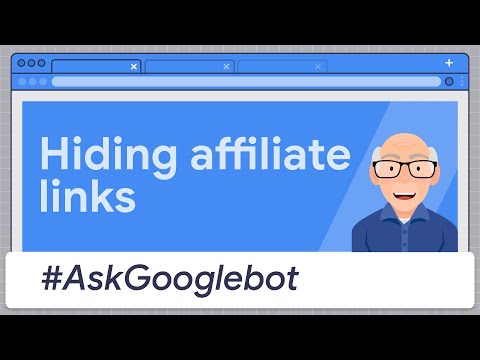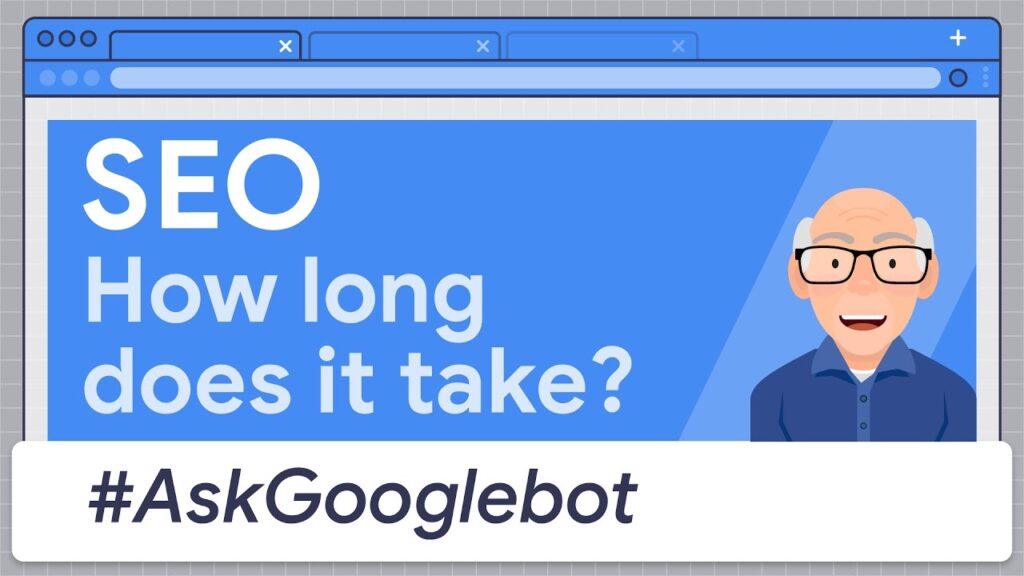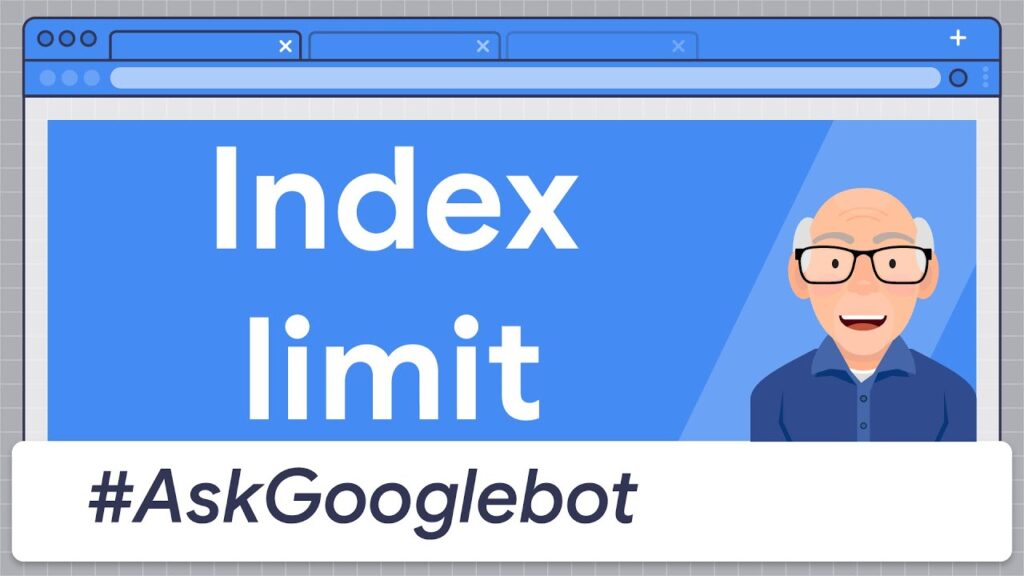Why do you want your brand to be number 1?
Avoid the trap of Google instant answers. For years, marketers would claim victory when their page arrived in the first organic listing or even in first position on a Google search results page.
Today, zero-click and other featured results provide immediate answers to searchers and bury these organic links further down (or even off the first page). What should a content marketer do?
Here’s what ten experts at Content Marketing World have to say.
1. Creating a brand and a community
Instant answers are easy answers. Even with featured snippets, if your content tackles a complex subject, Google will still send users back to your site. That said, you want an insurance policy against Google, and that policy contains two things: brand and community. Build both, and SEO will work for you, but more importantly, your marketing will work without SEO.
2. Pay attention to detail
Even if most searches don’t end in a click, your content can still attract attention on the SERPs. This is where metadata is most important. Make sure that the results displayed on Google are the ones that web users are looking for. Answer questions directly in your metadata, or give visitors a good reason to click to find out more. Media Group
3. Go beyond immediacy
Optimizing and understanding the search landscape is the best way to capture the instant response space. Many searches don’t trigger an instant response, so SEO is crucial to making an impact on these search results.
And even with instant response, there are still 75-90% of organic clicks available, and SEO is the best way to gain this traffic. Finally, when done correctly, SEO is an excellent way to understand your audience and create content that speaks to them, answers their questions and accompanies them along their journey.
4. Broaden your horizons
I love Lee Odden’s quote: “Content is the reason for the search started in the first place.” Instant answers in Google can increase click-throughs, so it’s important to structure your content appropriately (e.g. the FAQ schema) to try and get these placements.
But ultimately, SEO and content strategies must continue to coexist so that quality content can be found. People looking for in-depth, valuable and interesting resources won’t stop at the first instant answer Google offers.
But you need to make sure your content is differentiated, comprehensive and more appealing than the search results you’re competing against.

5. Skip glossary content
Google gives instant answers to short questions, super-quickly satisfying queries with factual intent. So an SEO strategy based on content that gives short answers is death. It won’t work. The search-optimized glossary strategy no longer works.
But an SEO strategy based on content that gives long, detailed answers to big questions is always super effective. The strategy of “publishing best practices for research in our industry” works perfectly.
6. All about business
I fear that SEO is becoming a measure of vanity. Many marketers I know can’t answer a simple question: why do you want your brand to be number 1 in a Google search? If SEO is not linked to your business model, take a step back and analyze why you should invest time and money in it.
7. Create assets
Every time you publish a blog post, a video, a podcast or even long-lasting social content, you’re publishing a business asset that will be used for years to come. Knowing which keywords you want to rank for and be found for will never go out of fashion.
8. Respond to your audience
For B2B technical buyers, research shows that engineers are more likely to go 10 pages deep than to stop at page 1. Instant answers are useful for simple topics, but if the stakes are high or the search subject complex, skeptical buyers will invest the time needed to find the most accurate results from the most credible sources.
9. Stop the blue link strategy
Answers that require a simple response or a response based on SERP characteristics are a unique and important query type to consider in any content marketing effort. It’s essential to understand the characteristics of SERPs and to know where you succeed and where you fail. It’s also important to understand the impact of SERP features such as Answers and People Also Ask. SEO is about understanding the potential and how the flow connected to the SERP no longer boils down to 10 blue links.
10. Look for unexpected opportunities
I still see a ton of value in our search traffic, and it’s absolutely worth continuing to use search to inspire new content ideas. I think YouTube is also an underestimated area for optimization, and Google now provides you with search data directly in YouTube.
Update your SEO plan
You live in a zero-click world, but that doesn’t mean you have to follow only an instantaneous response path. As with all things content marketing, think about your business goals and consider your audience’s behavior, then update your search strategy to get the best of both worlds in today’s search environment.













